The Center for Regulatory Freedom's Critique of FCC's Latest “Net Neutrality” Proposal
- Andrew Langer

- Dec 15, 2023
- 2 min read

Introduction
The CPAC Foundation's Center for Regulatory Freedom recently issued a detailed critique of the Federal Communications Commission's (FCC) proposed rulemaking regarding internet regulation, particularly focusing on the reinstatement of net neutrality and related policies. This post delves into their comments and arguments, presenting a comprehensive summary for a clearer understanding of the ongoing debate.
Summary of CRF's Comments
Historical Context
In 2017, the FCC considered repealing the Obama Administration's net neutrality policy, amidst strong opposition characterized as a blend of propaganda and fearmongering by various celebrities and large internet companies. Despite their predictions of dire consequences, CRF argues that the post-repeal period saw improvements in internet speeds, reliability, and affordability, particularly highlighted during the COVID-19 pandemic.
Critique of Biden Administration's Approach
The Biden Administration aims to resurrect net neutrality and implement a new policy, Safeguarding and Securing the Open Internet (SSOI). CRF criticizes this as an overregulation, noting a shift in the argument towards national security and public safety, which we regard as a weak justification.
Detailed Analysis
Arbitrary and Capricious Rulemaking
CRF asserts that the FCC's rulemaking is arbitrary and capricious under the Administrative Procedure Act (APA). We reference recent Supreme Court cases to outline standards for determining whether agency actions are reasonable and lawful, arguing that the FCC's proposed rule lacks a sound statutory basis and fails to provide a rational connection between its findings and decisions.
Overstepping Statutory Authority
We emphasize that the FCC's proposal exceeds its statutory authority. The Telecommunications Act of 1996 does not grant the FCC the power to regulate for national security or public safety, which the proposal claims to do. This overreach, we argue, contradicts the Act's focus on promoting competition and infrastructure investment.
Lack of Reasonable Explanation
The proposal, according to the Foundation, lacks a reasonable basis, relying on speculative and insufficient data from the COVID-19 pandemic period. It also fails to demonstrate a clear legal rationale for the expanded regulatory authority it seeks.
National Security and the "Square-Peg, Round-Hole" Problem
CRF views the national security argument for net neutrality as a misalignment, noting that the FCC already possesses authority under existing regulations to address security threats. We question the necessity of expanding the FCC's role in national security, seeing it as an attempt to justify a preferred policy rather than a genuine security need.
Major Questions Doctrine
Finally, we argue that the proposed rule fails to meet the "Major Questions Doctrine" as set forth in the Supreme Court's West Virginia v. EPA decision. The FCC's rationale ignores key trends in internet pricing, speed, and availability since the 2018 repeal of net neutrality, focusing instead on objectives that CRF views as outside the FCC's traditional purview.
Conclusion
CRF's comments present a strong critique of the FCC's proposed internet regulation, challenging its legal basis, its approach to national security, and the rationale behind reintroducing net neutrality. This debate highlights the complexities of regulating the internet, balancing technological advances, consumer protection, and national security concerns. The FCC's next steps, and the responses they elicit, will be crucial in shaping the future of internet regulation in the United States.








.png)




_gif.gif)